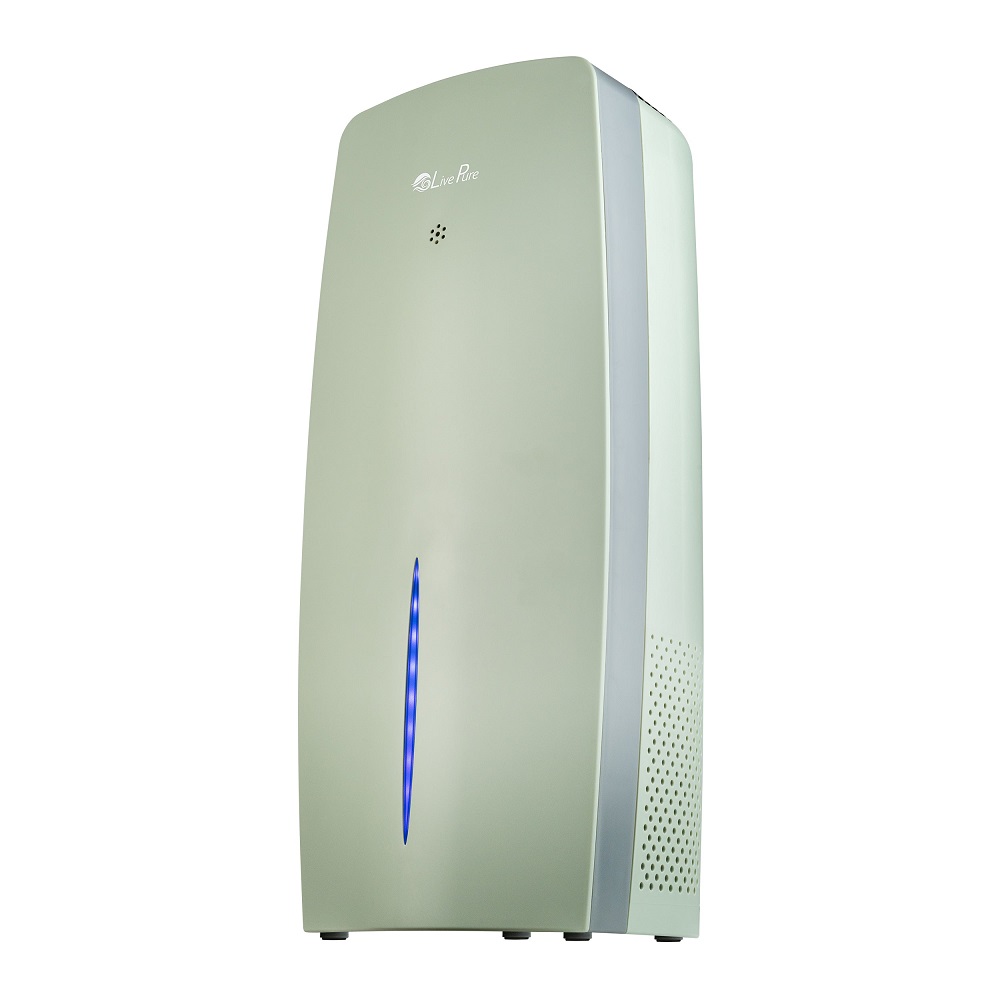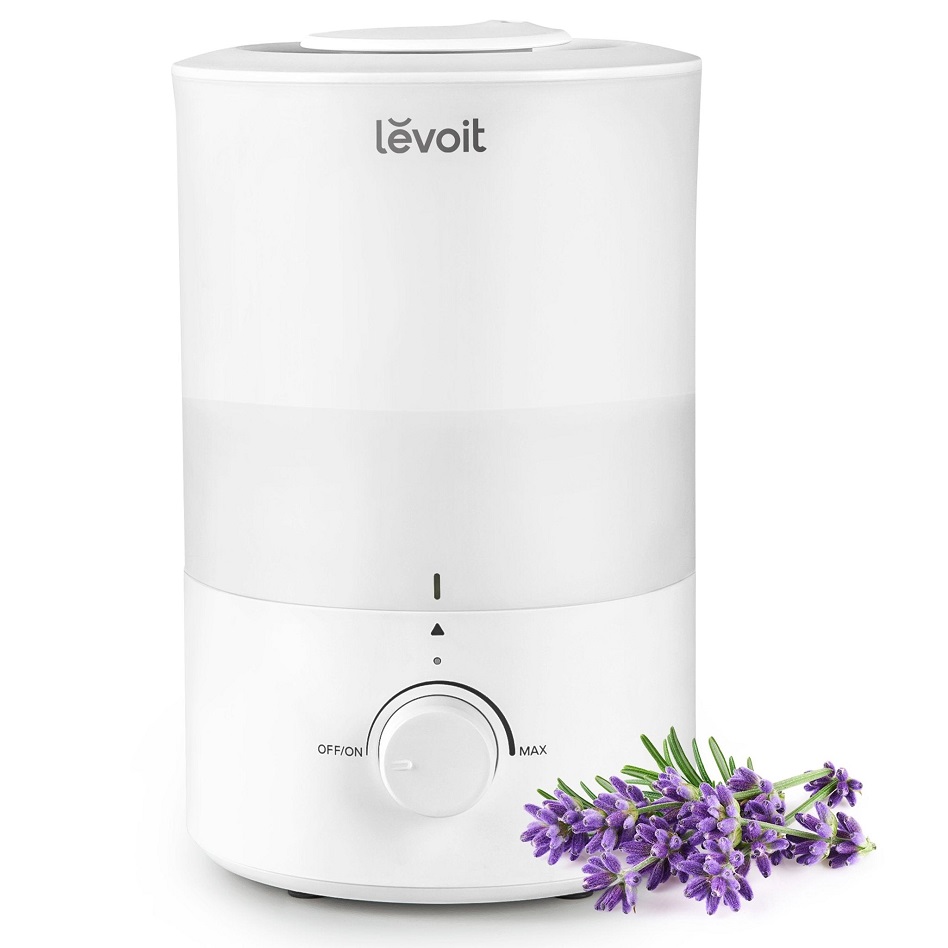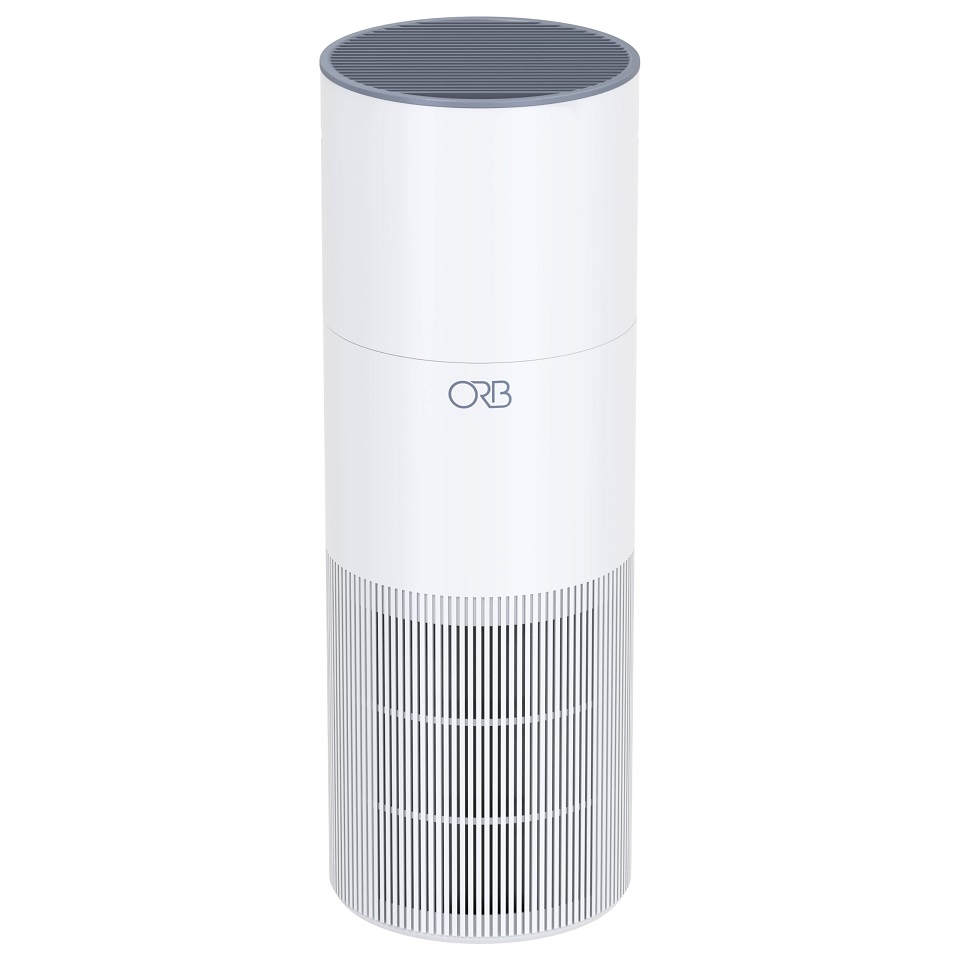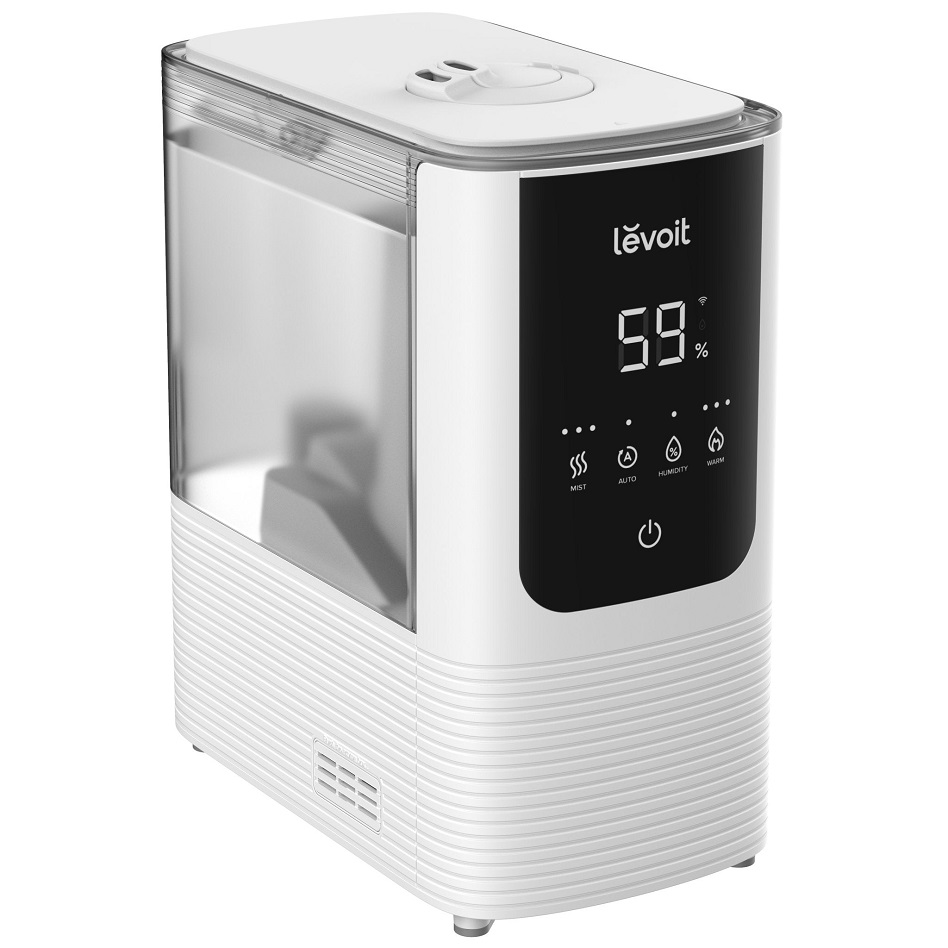Introduction to Humidifiers and Air Purifiers
When considering how to enhance the quality of your indoor air, knowing the difference between humidifier and air purifier devices is crucial. Air purifiers are designed to cleanse your breathing space by filtering out pollutants and allergens. On the other hand, humidifiers work to add essential moisture to the air, which can be particularly beneficial in dry climates or during winter months.
Clean air is vital for good health, so understanding the specific functions of each device will help you make the right choice. An air purifier acts as a cleaner, targeting unwanted particles like dust, smoke, and pet dander. Meanwhile, a humidifier’s main job is to address dry air issues, providing relief from various symptoms caused by low humidity.
Whether you need to clear the air of irritants or soothe a dry throat, the decision to use a humidifier or air purifier depends on your unique needs. Sometimes, you might even find that the best solution is a combination of both. In this introduction, we’ll explore their distinct roles and how they contribute to creating a healthier indoor environment.
Air Purifiers: Understanding Their Function
Air purifiers clean the air in your home. They use filters to trap particles like dust, pollen, and pet dander, and some models can even remove smoke and odors. These devices are often used by people with allergies or asthma to help reduce symptoms. An air purifier works by pulling air through the filter, where pollutants are captured. Clean air then circulates back into the room.
Some air purifiers also have additional features. Certain types use ultraviolet (UV) light to kill germs and bacteria. Others may have activated carbon filters to reduce odors and gases. It’s important to know the filter needs regular changes to keep the air purifier working well. Each model has its own guidelines for maintenance.
The difference between humidifier and air purifier functions is clear. Purifiers focus on air quality, removing particulates. Humidifiers add moisture but do not clean the air. Choosing between these depends on what issue you need to address in your indoor environment.

The Role of Humidifiers in Indoor Air Quality
Humidifiers play a vital role in maintaining indoor air quality, particularly in terms of moisture. They emit water vapor to adjust the humidity level, which can greatly benefit your health and well-being. In arid or winter climates, the air inside homes can become excessively dry. This dryness can lead to discomfort, such as dry skin, irritated sinuses, and itchy eyes. By adding moisture to the air, humidifiers help alleviate these issues.
They work by dispersing a fine mist into the air, which then increases the moisture content. This has the added benefit of making heated rooms feel warmer, which can help reduce heating costs. However, it’s important to note that while humidifiers enhance comfort by adjusting moisture levels, they do not clean the air. For air cleaning, an air purifier would be the appropriate choice.
Humidifiers also improve the longevity of wooden furniture and musical instruments, as dry air can cause wood to crack. Plants can thrive better in a well-humidified environment too. For people suffering from respiratory conditions, a humidifier can make breathing easier. But remember, they need regular cleaning to prevent the growth of mold and bacteria in the water reservoir.
When choosing a humidifier, you must consider the size of your space and the ideal humidity level for your environment. It’s essential to use a hygrometer to monitor humidity levels, as too much moisture can foster the growth of mold and dust mites. In summary, humidifiers contribute to a balanced and comfortable indoor climate but do not remove pollutants or allergens from the air.
Key Differences Between Air Purifiers and Humidifiers
When choosing between air purifiers and humidifiers, it’s key to know their functions. Air purifiers focus on cleaning the air. They trap airborne particles like dust and pollen. They may also tackle mold spores and smoke. Many purifiers come with filters. Some use UV light to kill bacteria. Their goal is to improve air quality for better breathing.
Humidifiers add moisture to the air. They don’t clean it. They release water vapor to combat dryness. This can ease dry skin and respiratory issues. They can make rooms feel warmer too. But they must be cleaned often. This prevents mold and bacteria growth in their tanks.
To sum up, air purifiers cleanse air, removing allergens and pollutants. On the other hand, humidifiers maintain humidity levels, offering comfort from dry air problems. The choice between the two depends on whether you need cleaner air or more moisture.
Considerations for Choosing Between a Humidifier and Air Purifier
Picking between a humidifier and air purifier depends on your air quality needs. Consider what problems you’re facing. Is the air too dry, causing discomfort? A humidifier might be best. If dust, allergens, or pollutants bother you, an air purifier can help.
Think about your health too. Do allergies or asthma affect you? Air purifiers can reduce these triggers. If sinus issues or dry skin are concerns in winter, humidifiers can provide relief.
Check your living space. Larger areas may benefit more from air purifiers. They can cover more ground. Smaller spaces, or those with dry air, might need humidifiers.
Remember, air purifiers need filter changes. Ignoring this can reduce effectiveness. Humidifiers require regular water refills and cleaning. This prevents mold and germ growth.
Budget is also key. Higher-end purifiers can be costly but effective. Humidifiers are often more affordable. Weigh the costs with the benefits each offers.
Lastly, consider using both. They serve different purposes. An air purifier can clean the air while a humidifier adds needed moisture. This can create optimal air quality in your home.
Combining Air Purifiers and Humidifiers: Benefits and Precautions
Using both air purifiers and humidifiers in the same space can be helpful. These devices each offer unique benefits that, when combined, provide a more comfortable and healthy indoor environment. However, certain precautions must be taken to ensure they work well together.
Here are the benefits and precautions you should consider:
Benefits of Using Both Devices Together
- Air purifiers remove pollutants; humidifiers add moisture, addressing two different air quality issues.
- Clean and moist air can ease respiratory symptoms and reduce allergy triggers.
- The balance of purified air and proper humidity may improve overall health.
Precautions When Using Air Purifiers and Humidifiers Together
- Place devices away from each other to prevent excess moisture from damaging the purifier.
- Manage humidity levels to avoid condensation and mold growth.
- Clean both devices regularly to keep them running efficiently and safely.
Combining the two can lead to a significantly improved indoor climate. This is ideal for relieving various health issues linked to air quality. Yet, it’s important to maintain both devices properly. By doing so, you can create a home environment that feels great to live in and protects your health.
Seasonal Use: When to Opt for Humidifiers or Air Purifiers
As seasons change, so do your indoor air quality needs. During certain times of the year, you may need to focus on either adding moisture to your home’s air with a humidifier, or cleaning the air with an air purifier. Here’s a quick guide to help you determine which is best for different seasons.
In the colder autumn and winter months, when heaters are often running, air can become very dry. This is the time when a humidifier can be most beneficial. It adds the necessary moisture back into the air, which can prevent dry skin, static electricity, and respiratory discomfort.
Come spring and summer, allergens like pollen and dust are more prevalent. This is when an air purifier can be particularly helpful. It works to clean the air by removing these allergens, making it easier to breathe for those with allergies or asthma.
It’s important to note that in some regions, humidity levels can rise too high in the summer. An air purifier helps maintain good air quality without adding to the humidity. In extremely dry climates, however, a humidifier might still be necessary even in warmer months.
Ultimately, considering the season will help you decide whether a humidifier or an air purifier is the right choice for your home at any given time.
Air Purifiers and Humidifiers for Specific Health Needs
When choosing between an air purifier and a humidifier, your specific health needs play a crucial role.
Air Purifiers for Allergies and Asthma
If you suffer from allergies or asthma, an air purifier may be the better option. It works by capturing allergens like pollen, dust, and pet dander in its filters. This can reduce symptoms and improve breathing for individuals sensitive to airborne irritants.
Humidifiers for Dry Skin and Respiratory Comfort
Dry air can lead to dry skin, throat irritation, and discomfort in the respiratory tract. A humidifier helps by adding moisture to the air. This moisture alleviates dryness and can make breathing easier if you suffer from a blocked nose or sore throat.
Combined Benefits for Optimal Health
In cases where both dry air and allergens are a concern, using both an air purifier and a humidifier may provide the most benefit. Their combined use can improve air quality while also maintaining a comfortable level of humidity, potentially easing a range of symptoms.
Make sure to assess your health needs and choose the device—or combination of devices—that aligns with your specific requirements for a healthier home environment.
Maintenance and Care for Air Purifiers and Humidifiers
To keep your air purifier and humidifier working well, regular maintenance is key. Air purifiers require filter changes based on the model’s guidance. Dirty filters can’t clean the air effectively. Check the manual and replace filters as advised. This ensures your purifier keeps removing pollutants at its best.
Humidifiers need refills and frequent cleaning to prevent mold and bacteria. After use, empty the water tank. Clean it with vinegar or a mild detergent. Rinse thoroughly and let it air dry. This stops harmful growths and keeps the mist clean. You’ll want to avoid breathing in anything harmful from a dirty humidifier.
Monitor the humidity when using a humidifier. Too much moisture leads to mold and dust mites. A hygrometer helps track the humidity level in your space. Aim to keep it between 30% and 50% for comfort and health.
Both devices demand attention to run safely and efficiently. By maintaining your air purifier and humidifier, you’ll enjoy cleaner air and the right moisture level. This makes for a healthier home. Remember, clean devices are effective devices.
Conclusion: Enhancing Indoor Air Quality for Health and Comfort
Selecting the right device between humidifiers and air purifiers hinges on your health needs and comfort. An air purifier targets airborne allergens and pollutants to cleanse your air. It suits those with allergies or respiratory issues. In contrast, a humidifier adds moisture to fix dry air problems and is ideal for skin hydration and respiratory ease.
For the best indoor air quality, sometimes using both is your finest option. This combo can tackle multiple air quality issues at once, giving you clean, moist air. But remember, both devices need proper maintenance to perform their best. Regularly check and change air purifier filters, and keep humidifier tanks clean.
Each season may require a different approach to managing your indoor air. Humidifiers are heroes in winter, while air purifiers shine during allergy season. Yet, each home and health situation is unique. Assess your specific needs to make a well-informed decision.
In conclusion, whether you go for an air purifier, a humidifier, or both, you’re taking a vital step toward better health and comfort. These tools can greatly improve your living space, making the air you breathe at home better for your wellness.


